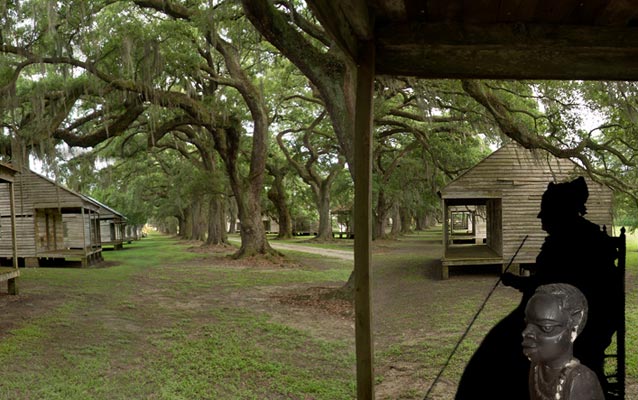Last updated: August 28, 2018
Place
The National Underground Railroad Network to Freedom

National Park Service
The Underground Railroad – the resistance to enslavement through escape and flight through the end of the civil war – refers to the efforts of enslaved African Americans to gain their freedom by escaping bondage. Wherever slavery existed, there were efforts to escape at first communities in rugged terrain away from settled areas, and later across state and international borders. While most began and completed their journeys unassisted, each subsequent decade in which slavery was legal in the US saw an increase in active efforts to assist escape. The decision to assist a freedom seeker may have ben spontaneous. However, in some places, particularly after the Fugitive Slave Act of 1850, the Underground Railroad was deliberate and organized.
The National Underground Railroad Network to Freedom commemorates the stories of the men and women who risked everything for freedom and those who helped them. The Network to Freedom, through shared leadership with local, state, and federal entities, as well as interested individuals and organizations, programs and partnerships to commemorate and educate the public about historical significance of the Underground Railroad.
The Underground Railroad extended through the Civil War as thousands of enslaved African Americans used the opportunity of approaching Union forces to escape and seek protection in contraband camps. Many of the men subsequently enlisted in the US Colored Troops and served as soldiers or sailors during the war.
Visit the National Underground Railroad Network to Freedom website.
